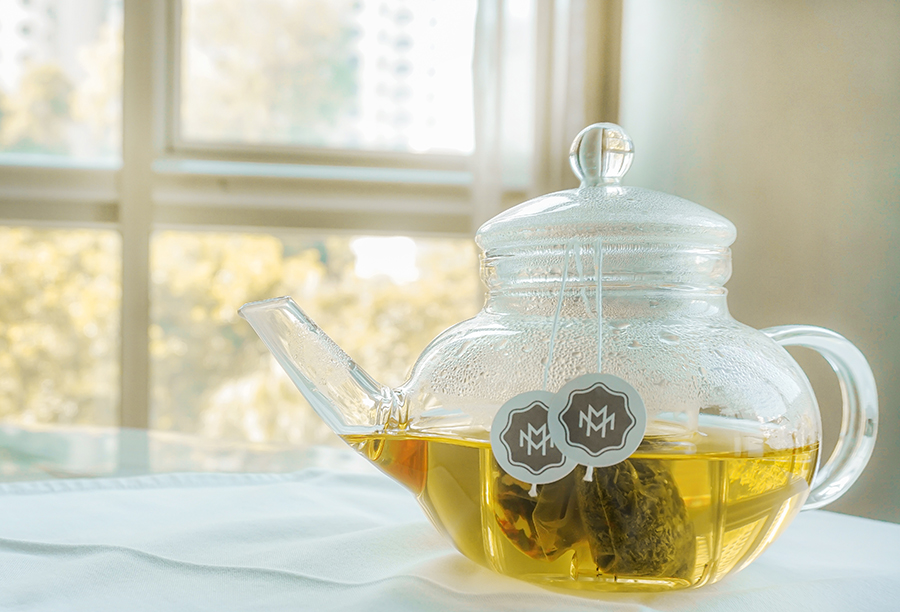As many of us are staying indoors, working from the comfort of our homes and practicing good hygiene and social distancing, we should also be watching our diets lest we fall sick during such unprecedented times. Here are some food that you should probably consider stocking up on when you head out for a grocery run next time for that additional boost to your immune system.
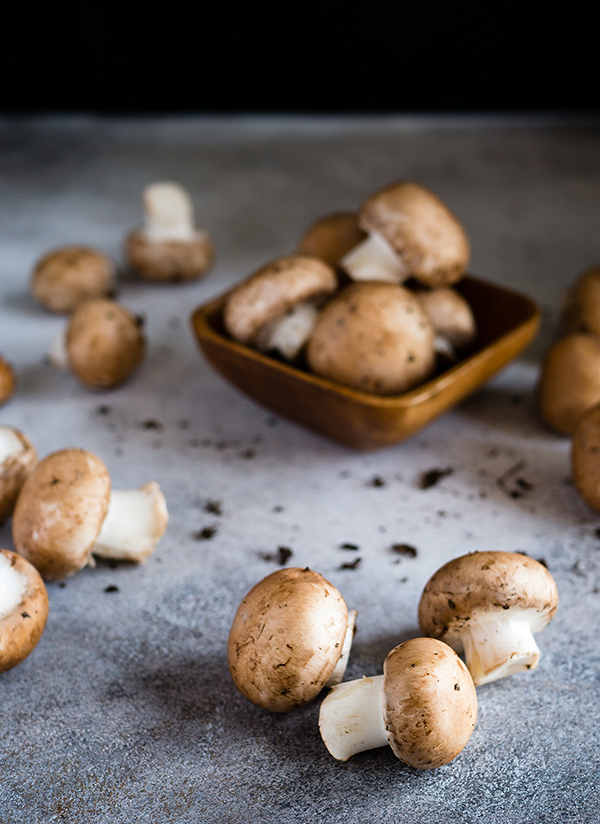
Mushrooms
Rich and savoury in taste, mushrooms can help enhance the flavour of many dishes. They are also high in selenium and B vitamins like riboflavin and niacin – the minerals and vitamins necessary for our immune system to perform in tip top condition. Mushrooms also contain polysaccharides, a sugar-like molecule that boost immune function. With so many ways to serve up these tasty fungi, (sautéing, grilling, roasting, stuffing them with cheese or slicing and tossing them into salads, soups or even scrambled eggs and omelettes) they definitely make a tasty addition to any meal.
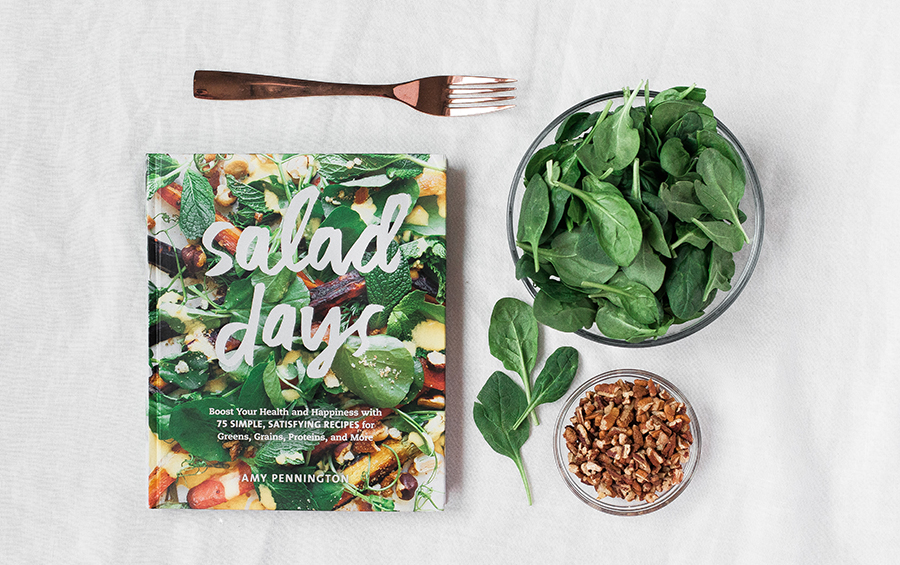
Spinach
Known as a leafy green superfood, spinach is power-packed with a high content of folate, vitamin A, vitamin C, fibre, magnesium and iron – the essential nutrients that boost immune function and helps with cell division and DNA repair. To get the most benefits from spinach, we recommend to eat it raw or lightly cooked to preserve the nutrients. That said, you do not always have to consume spinach in the form of a salad. Some other dishes you can whip up with this nutritious, leafy green superfood are creamed spinach, spinach lasagne, garlic sautéed spinach, and spinach and cheese stuffed pasta shells.

Broccoli
Not everyone may be a fan of this veggie, but it is also a nutrient-packed powerhouse that can help to support your immune system. Just a cup of broccoli can provide you with as much vitamin C as an orange. If veggies were scholars, broccoli would be the top scholar, acing it with its high components of beta-carotene, potassium, magnesium, zinc, iron and an array of B vitamins (B1, B2, B3 and B6). Not to mention, broccoli also produces glutathione, the master antioxidant. Perhaps it’s time for some creamy broccoli and cheese soup tonight? Or how does broccoli casserole or lemony braised broccoli sound?
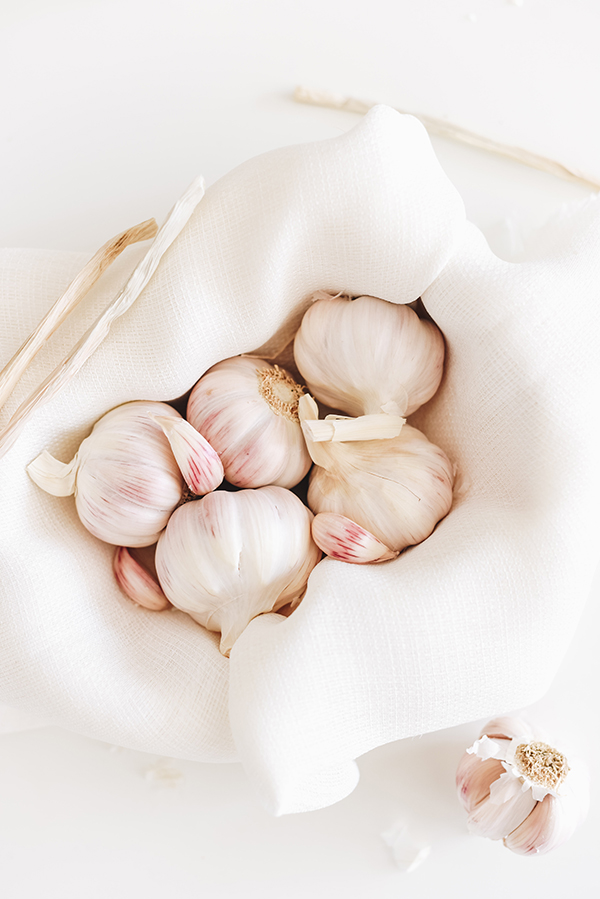
Garlic
Bring on the bulb with garlic cloves. Well known for its antibacterial, antiviral and anti-fungal properties, garlic may be helpful in reducing the severity of colds and flu by shortening the duration of it. Small in bulbs, the cloves are rich in antioxidants and provides a boost in the portion of the immune system that is tasked with fighting viruses and cancer. Garlic bread with mushroom soup for starters, anyone?

Miso
A staple in Japanese cuisine for centuries, miso is a salty paste made from fermented soybeans. The idea of fermented foods may be off-putting, but ironically miso is rich in probiotics that are beneficial for gastrointestinal health and for boosting the immune system. About 70% of the immune system lies in our guts, which is why drinking a bowl of miso soup is one good way to introduce beneficial microorganisms that help perform a range of essential functions into the GI tract. Such food-based probiotics, synthesize vitamins and amino acids, as well as produce short-chain fatty acids (SCFAs) that the cells lining the GI tract use for fuel, helps to establish a healthy, balanced gut flora for a strong immune system. Next time when you crave for Japanese cuisine, why not add on a side order of miso soup?
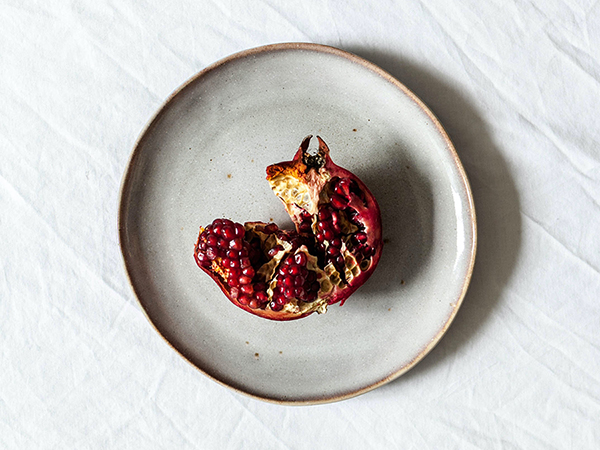
Pomegranate
Not a fan of savoury soup? No worries as there is another healthy drink that helps promote the growth of beneficial gut flora and in turn, boosts the immune system – pomegranate juice. Similar in colour to rubies, the jewel-coloured seeds of the pomegranate also have antiviral properties against the flu, herpes, and other viruses. Sweet and slightly tart, pomegranate seeds make a tasty relish to top meats and salads. Once you’re done with your meal, polish it off with a glass of iced pomegranate lemonade.

Ginger
Hot and zesty yet sweet and warm, ginger is an aromatic and flavourful ingredient that packs a punch of anti-inflammatory and immune-boosting properties. As our body goes through normal metabolic processes, infections and toxins all contribute to produce free radicals, which in turn results in oxidative stress. Rich in anti-oxidants, anti-bacterial and anti-viral properties, ginger helps quench such free radicals and guard against arthritis, cancer, neurodegenerative disorders and many other conditions. Despite its pungent and spicy flavour profile, ginger can make a lovely addition to hot chocolate for an unexpected kick. Freshly grated ginger can also be added to marinades for meats, healthy stir-fried veggies or tea for that extra punch of flavour.
Tea
Speaking of tea, you ought to know that tea is not just confined to be enjoyed by the cup! Rich in antioxidants like polyphenols and flavonoids, drinking tea may reduce the risk of heart disease as it affects blood lipids, increase HDL cholesterol (good cholesterol) and decrease LDL cholesterol (bad cholesterol), triglycerides and total cholesterol. Not a tea drinker? You can try these methods for that extra boost in immune function: Cooking grains and noodles in tea instead of stock, make tea infused dairy to use in cream sauces for pasta and rice dishes or simply add powdered tea to shortbread dough to make tea cookies!
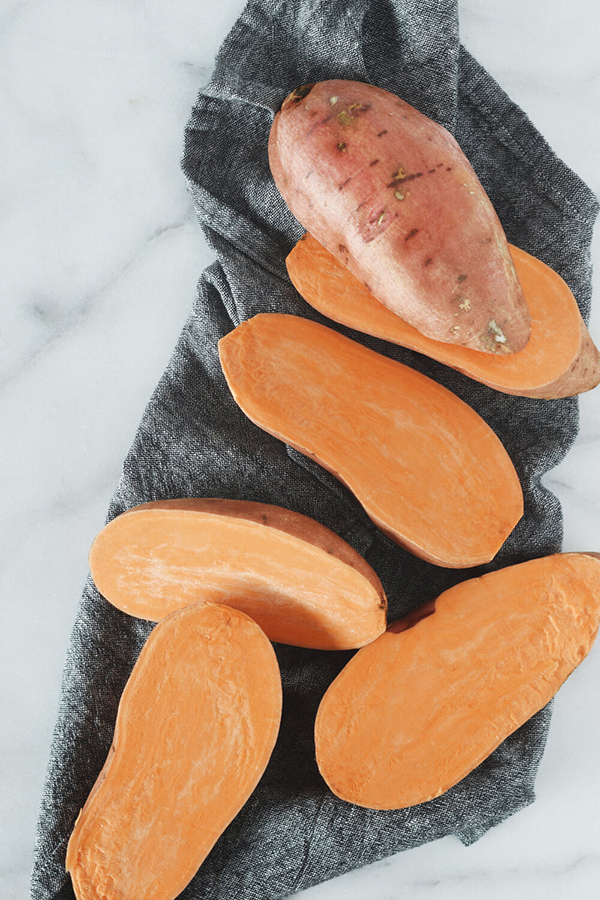
Sweet Potatoes
They say a meal is incomplete without a dessert, but not all desserts are sinful. For a healthier choice, why not go for sweet potatoes that pack a whopping 120% of the daily value of vitamin A (as reflected by its deep, rich colour) and 30% of the daily value of vitamin C, all for just 100 calories. Sounds good? Try out some sweet potatoes recipes so that your body can benefit from those immune-boosting vitamins that are great for your skin, fat-free and serves up a healthy portion of fibre too. Some of the ways to indulge in these bright, orange root veggies include air-frying savoury sweet potato fries, baking sweet potato pie or casserole and twice baked sweet potatoes.
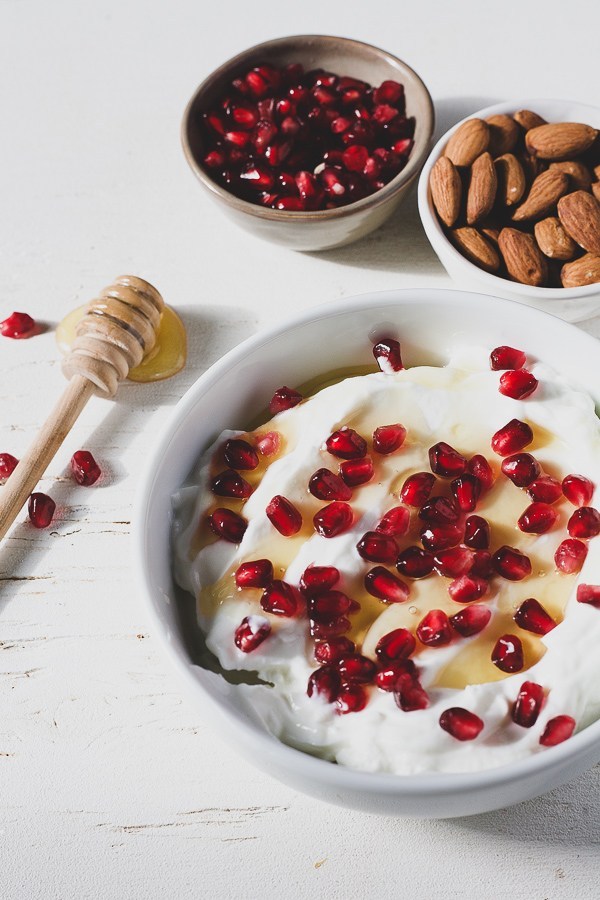
Low-Fat Yogurt
Last but not least, we cannot forget about the dairy health food – low-fat yogurt. A good source of vitamin B12, vitamin B2, adequate levels of vitamin D and other nutrients. Yogurt is also rich in probiotics that are necessary for robust immune function and help with the reduction of both the length and severity of colds. The beneficial gut flora present in yogurt aids in proper digestion, detoxification and can even help reduce eczema symptoms in babies. While most people eat yogurt straight out of the cup, you can also mix yogurt with other foods to create new, refreshing desserts such as yogurt pops, coleslaw and salad dressing.
We hope everyone has learnt a tip or two on how to achieve a healthier, balanced diet and gained a few ideas on creating new recipes as we stay home to play our part in maintaining safe distancing. After all, the health of all depends on each one of us. Do share with us how you pair our Monogram teas with your #stayhome recipes by tagging #monogram on your socials!
Till the next time, stay safe everyone!
– LX
